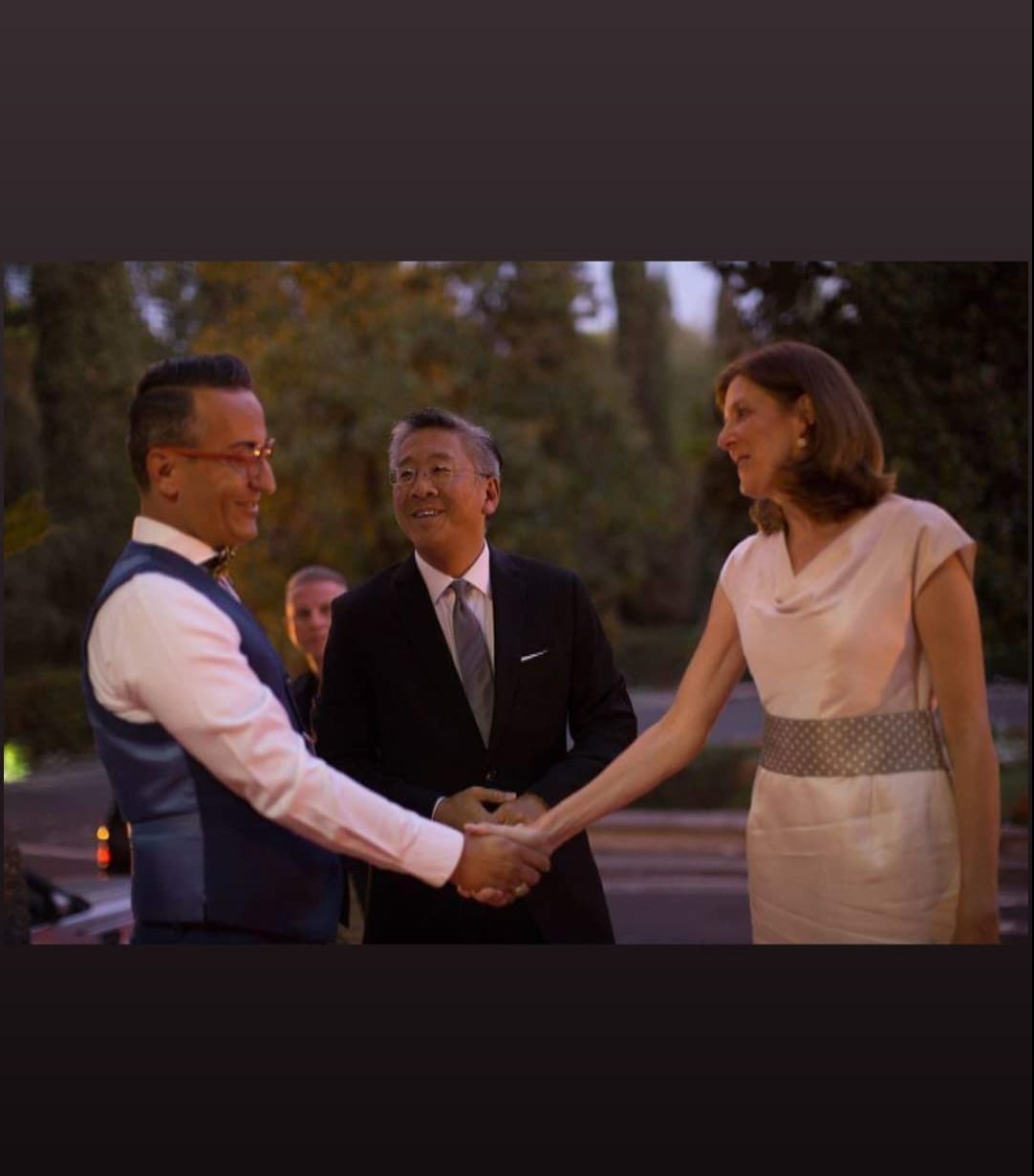Resumes should tell the story about the candidate’s relevant experience and skillset about the position. Here we will cover five things on a resume that should be reconsidered, to increase an applicant’s chances for employment.
Complete Mailing Address
In the past, it was common to see resumes where the candidate would put their full mailing address near the top of the document. If the candidate is relocating and does not have a local address, the elimination of any address information on the resume is advised. If the job is nearby, adding the city and state is sufficient. At this early stage of the hiring process, the street address is not necessary.

Hobbies
Applicants will sometimes add a section entitled “Hobbies” on their resumes. While employers consider personality during the process, including personal hobbies on a resume is not helpful to the interviewer.
This type of personal information is not what recruiters are necessarily interested in. If your hobbies are not related to the skills or experience the company is looking for in a recruit, they should be left off of the resume.
Irrelevant Work History
Many applicants make the mistake of thinking that a resume should be an exhaustive list of their previous work experience. The truth is, previous jobs that are not pertinent to the position that is being pursued is not necessary.
If a candidate worked in the fast-food industry in their teens, and they are in their thirties looking for an office position, that restaurant job will not help secure a spot. This is also true for jobs that are held for short periods during college. The job history should tell a story that illustrates the ability of the candidate to fulfill the needs of the company successfully.
Style and Font
As we mentioned earlier, the ATS will filter out candidates that don’t fit the criteria set by the employer. These systems will also reject resumes that are formatted in a way that is confusing to the software. This is why the structure and format of the resume are so important. To be on the safe side, the layout should be in a clean, traditional resume format.
When it comes to the font used in the resume, fancy fonts should be avoided. Your resume font says a lot about your character. The readability of the font is the primary factor to keep in mind. This also means that the size of the font should be approximately 12 points for the body and heading should be between 14 to 16 points.

Past Salary Disclosure
Supplying current or past salary information is not a good idea. By including information that shows lower wages in the past, this may lead to getting a lower starting wage for the position being sought. Some candidates will inflate the past wages earned on their resumes. This strategy will likely backfire, and the candidate will be caught and terminated. Overall, keeping past salary information off of the resume is the best policy.
Conclusion
Without a doubt, the competition in the job market is exceptionally high. Your resume is the key to securing employment. It is just as important to leave out unnecessary details as it is to include the important ones. Keep your resume as direct and informative as possible, while avoiding the elements mentioned here




















